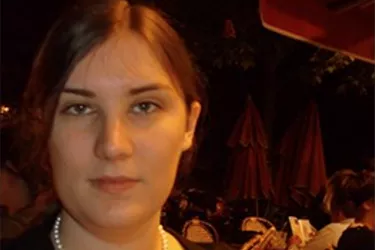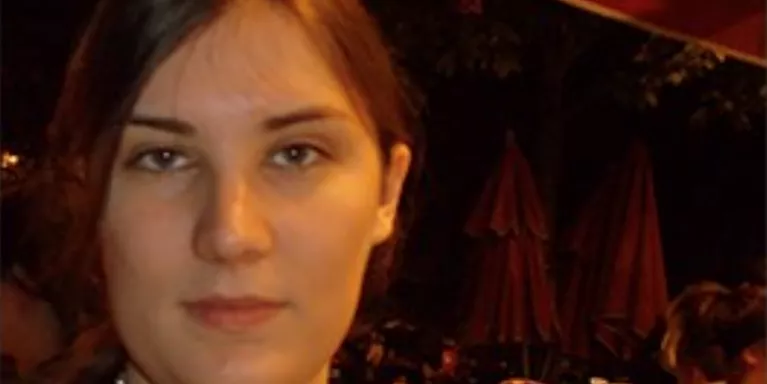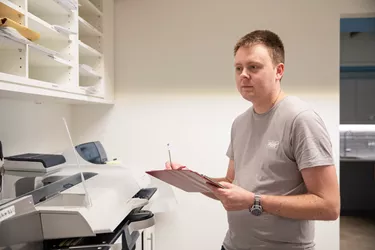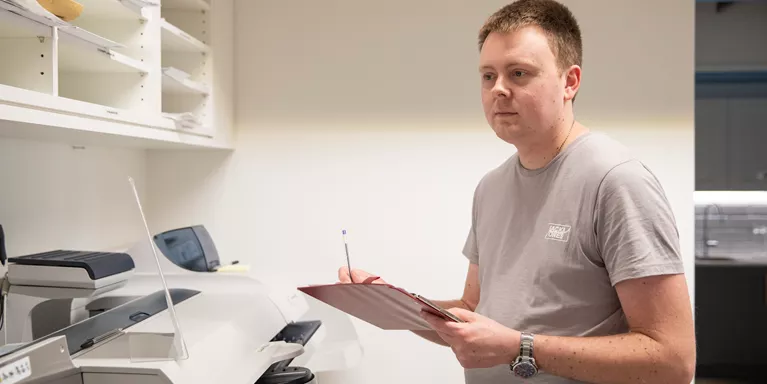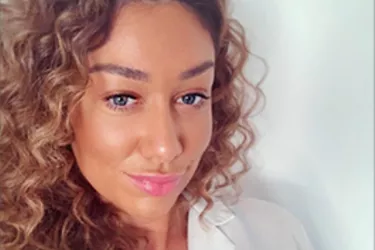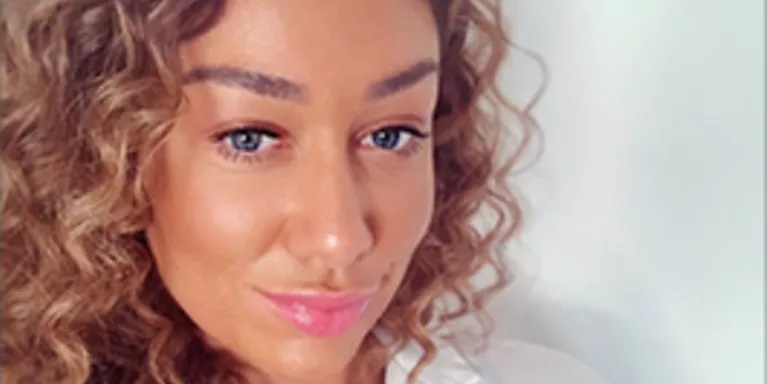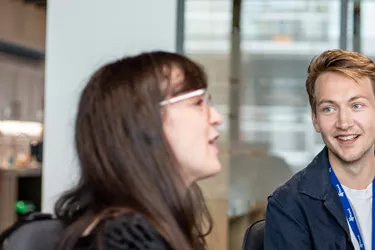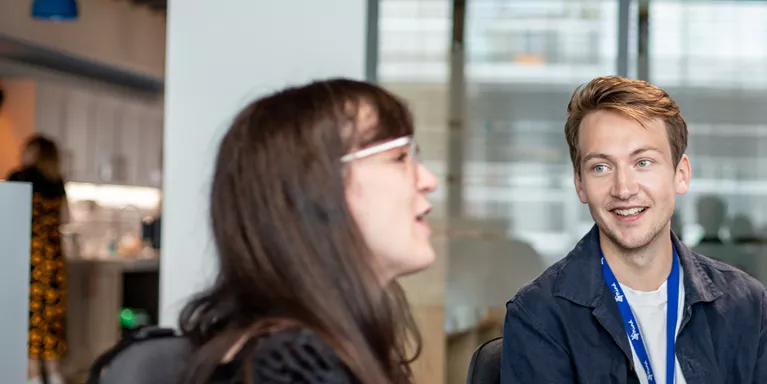Losing my job in the pandemic
Olivia blogs about how redundancy left her feeling hopeless but ultimately led to her tackling her anxiety and depression.
At the beginning of 2020, I was beginning to hit my stride in a new job. I had been there a few months and felt like I was finally getting settled. Then, the redundancies came. My final day was at the end of March, just as lockdown loomed and businesses began closing their doors. It didn’t feel quite real saying my goodbyes to colleagues over a Skype call with a poor connection.
Slipping into negative thought cycles
In the weeks that followed, I spent my mornings trawling through jobs boards, despairing at the sight of the same few listings as the day before. Losing my job during lockdown left me feeling hopeless and unmotivated. I began to recognise myself slipping into negative thought cycles, and becoming increasingly unproductive. After speaking to my GP, I decided to go back on antidepressants. The first 10 days were spent in bed feeling incredibly nauseous, but this subsided gradually. Whilst it didn’t completely erase the sense of sadness, medication helped me to feel like I could manage my anxiety and depression more easily.
I decided that this time it might take more than medication alone to get me through. I signed up for talking therapy, as it had worked previously. It wasn’t cheap, but there was no better time to prioritise my mental health than now, so I set some money aside from my redundancy package. Speaking with my therapist online became a weekly fixture, and I was surprised at how easy it was opening up to a virtual stranger. I had no trouble committing to attending sessions in the comfort of my own home. In previous years, I dreaded making the journey home after a difficult session, my red eyes encircled by smudged mascara, fixing my gaze on the ground, in fear of accidentally making eye contact with another passenger.
During my job search, responses were few and far between. I began to wonder if I was really standing out on paper. On the advice of a friend, I sought help from a free career coaching service for young women. They provided advice on job applications, as well as motivating me in my search. I’d always felt I’ve lacked the ability to be introspective – I was much better at reading other people, but not myself. Whilst owning and identifying positive traits in myself proved difficult at first, it was a useful exercise, which I stored in the back of my mind. I developed a more positive self-view, telling myself that it wasn't a question of “if” but “when” I was going to get a new job.
Not defining myself by lack of work
Pre-Covid, I could always rely on my favourite distractions; a visit to a museum, or sipping on a flat white at my favourite coffee shop. At the height of lockdown it felt like the only choice I could make was travelling to the living room, or to stay in bed. Therapy helped me realise that I didn't have to define myself by a temporary lack of work. I began to recognise the importance of cultivating interests outside of job hunting.
Therapy helped me realise that I didn't have to define myself by a temporary lack of work.
Going for a walk in the nearby park became a ritual, and I began to enjoy being outdoors amongst nature. I indulged my hobbies, allowing myself to tune out of whatever was going on in my head for a few hours. I looked forward to portrait drawing meet-ups over Zoom. I wouldn’t call myself an artist, but it was nice to see some progress as I practised more often. I found a sense of community in seeing the same friendly faces each week. Even if I couldn't see people face-to-face, I could still stay connected with them. The sessions were pay-what-you can, so they were more affordable on a reduced income.
I also had more time than ever before to think about volunteering. Spending a few hours a week helping a charity with social media enabled me to feel productive and engaged, dedicating time to an important cause close to my heart. This experience opened my eyes to the idea that charities are seeking people to volunteer in a number of different ways in which you don’t have to be physically present to support those in need.
By summer, I’d had a handful of interviews, but nothing had come of them. As much as I had loved working in the arts, I realised that going down the path I had been following wasn’t the only option, at least not right now. Even before the pandemic, the lack of progress and job security in the industry had worn me down, and I felt myself questioning if this was really something that I wanted. I realised that in order to succeed in my quest to find work, I had to pivot my priorities and adjust my expectations. I drew up a list of everything I was looking for in a job, broadening my search to consider other opportunities. Eventually, in August I landed an interview with an international healthcare charity. I was thrilled when they offered me the job.
Losing my job in the pandemic felt like a kick in the teeth, but it forced me to take a step back and reprioritise my goals and shift to a healthier, kinder perspective.
Losing my job in the pandemic felt like a kick in the teeth, but it forced me to take a step back and reprioritise my goals and shift to a healthier, kinder perspective. It challenged me, but I learnt that I could face adversity head-on, and come out the other side feeling stronger and more capable than before.


Information and support
When you’re living with a mental health problem, or supporting someone who is, having access to the right information - about a condition, treatment options, or practical issues - is vital. Visit our information pages to find out more.
Share your story with others
Blogs and stories can show that people with mental health problems are cared about, understood and listened to. We can use it to challenge the status quo and change attitudes.










